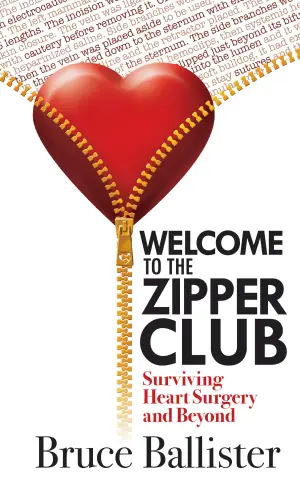Book Review: Still Born by Guadalupe Nettel
From the moment I caught a glimpse of Still Born, translated by Rosalind Harvey, I felt an irresistible pull towards its exploration of motherhood, choice, and the fragility of life. It was shortlisted for the 2023 International Booker Prize, a testament to its weighty themes and profound narrative; I found myself both intrigued and apprehensive, as the title alone suggested a heavy emotional journey.
At the heart of this compelling novel are Laura and Alina, two friends navigating the complexities of womanhood in their 30s. Set against contrasting backdrops—Laura in Paris and Alina in Mexico—their journeys are marked by decisions that test their feminist ideals. Laura, determined to break free from conventional expectations, undergoes a tubal ligation, setting off a chain reaction in her relationship that ultimately crumbles. In stark contrast, Alina embraces motherhood through desperate fertility treatments, precariously walking the line between hope and loss.
One of the central themes of Still Born is the tension between desire and reality—a concept beautifully articulated in the opening passage, where the fragility of life is poignantly described through the eyes of a vigilant observer of a sleeping baby. “Listening to its soft breath generates a mixture of calm and awe,” it reads, a thought that resonated deeply with me as I considered the myriad unseen struggles that accompany each new life. It serves as a prelude to the heart-wrenching journey that unfolds thereafter.
Nettel’s prose is incisive and poignant, melding the mundane with profound moments of introspection. However, I found the pacing uneven; while breathtaking descriptions punctuated the narrative, they often stood in contrast to the more everyday aspects of Laura and Alina’s lives. The shifts between Laura’s first-person perspective and Alina’s third-person narrative added an odd dissonance that occasionally pulled me out of the story, making me feel as though I were privy to a larger omniscient voice rather than fully immersed in the characters’ experiences.
Despite these reservations, certain passages lingered with me long after I closed the book. Alina’s gut-wrenching decision to carry her child—despite grave medical concerns—provoked an internal dialogue on what it means to embrace uncertainty. “But what if she does live?” Alina asks, encapsulating the fragile dynamics of hope and despair. It was a question that pierced my heart.
While I ultimately found Still Born to be a challenging read—offering a 3-star rating for its pacing and narrative choices—its thematic depth makes it a meaningful experience. This book would resonate with anyone grappling with the idea of motherhood, choice, and the stark realities of life. It’s a powerful exploration of love’s complexities, the relentless pursuit of one’s ideals, and the acceptance of life’s unpredictability.
In contemplating the journey I took with Laura and Alina, I realized how vital their stories are in a world where the definition of womanhood continues to evolve. Still Born leaves us with lingering questions about identity and sacrifice, the echoes of which are sure to resonate in the hearts of many. So, if you’re looking for a thought-provoking read that challenges societal norms while delving into the essence of life itself, this novel might just be your next profound literary relationship.






